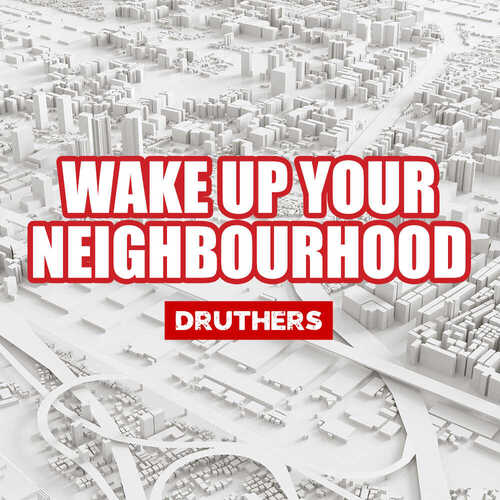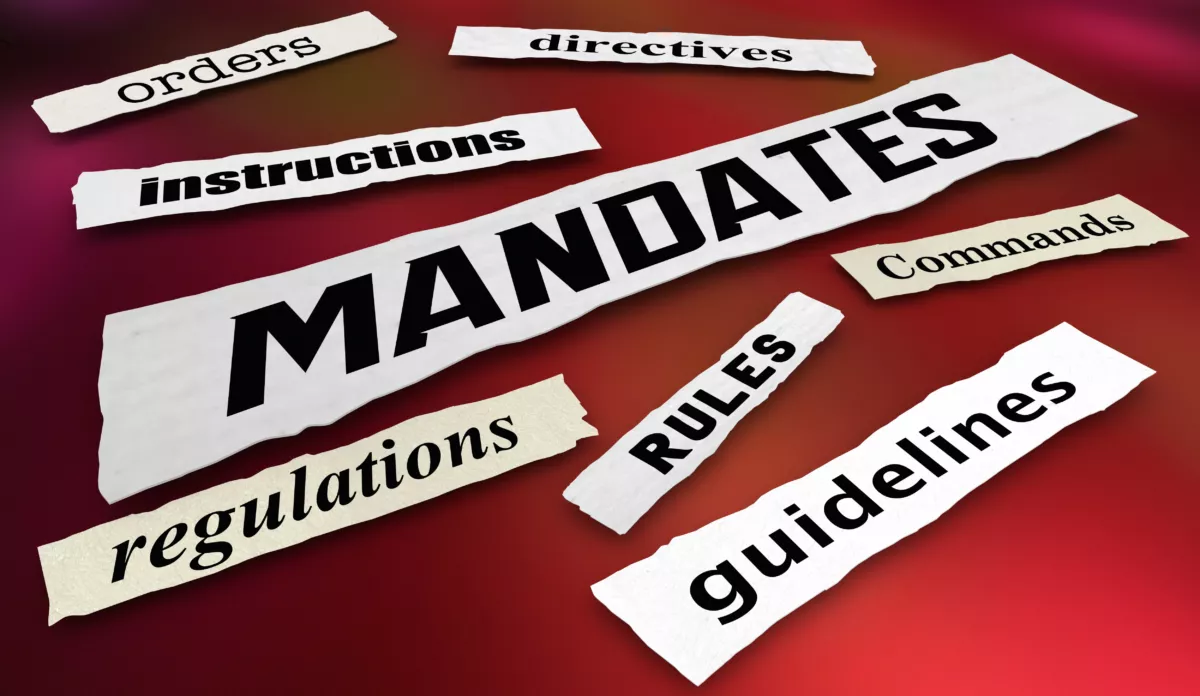Democracy: A Farce Called Freedom
By Gabriel Verveniotis
Democracy is touted as a holy institution requiring one to reject any other form of government as a reasonable alternative. Ironically, the very system of government that our society wants to celebrate is not our current political system, given that our government operates on the basis of parliamentary representation rather than the direct enfranchisement of each citizen to vote directly for the policies they want.
Instead, we as citizens are required to vote for shady charlatans whose political campaigns are financed by major donors, corporations, and the political parties they belong to. That said, if citizens of this country could participate in direct democracy, the entire apparatus would very likely collapse.
This is because direct democracy presents a definite conflict for those politicians who yearn for war, unregulated foreign aid, arms dealing, and mass immigration. Comically enough, “democracy” has been reviled throughout the majority of history and was often used as a pejorative term. Philosophers like Plato, Aristotle, and Thomas Hobbes, as well as the Founding Fathers and Presidents; Thomas Jefferson, John Adams and James Madison, all have rejected direct democracy or ochlocracy (mob rule).
Don’t lose touch with uncensored news! Join our mailing list today.
The reason? Direct democracy avails itself to the mob, which can, at the instigation of any swindler or demagogue, be persuaded to mobilize their efforts to commit tyrannical and unjust acts on those who have been identified as a threat to democracy and an enemy of the system.
Take, for example, the case of COVID-19 and the fear that was generated over the unvaccinated. Prime Minister Justin Trudeau considered anyone who defended their bodily autonomy as not only a threat to the democratic majority that “agreed” with “the science” but also a danger to the lives of the vaccinated.
Further, if we examine history, specifically the ancient Greek historian Thucydides, we find that the democratic citizens of Athens during the Peloponnesian War were so enraged that the island of Melos did not wish to participate in the conflict against Sparta that they besieged the neutral island; slaughtered the entire male population, and enslaved the women and children—all because the citizens were persuaded to vote on an issue that was inflamed by manipulating temperamental emotions and public opinion.
Moreover, another example of the “virtues” of mob rule at work can be found in the pages of the philosopher Plato and his dialogue, The Apology. In his work, Plato regales the tragic tale of the most enlightened and wise philosopher of ancient Athens: the famous Socrates. Unfortunately, due to the exploitation of public opinion, Socrates was accused of corrupting the youth, which was regarded as a threat to Athenian democracy.
In 399 BC, the majority of Athenian citizens in the assembly voted to execute Socrates, which they promptly succeeded in doing by forcing him to drink poisonous hemlock. Democracy certainly begets freedom, but if the mob is cajoled or deceived, it can just as easily censor and deprive the world of an innocent sage who sought to better humanity.
Democracy cannot effectively function if public opinion, the media, and education are usurped by those who head governmental institutions and control the flow of information. Examples of this can be shown in the recent COVID-19 scandal wherein the media, government and education system enforced a fraudulent consensus that the majority democratically agreed that the crisis warranted a dystopian response.
The public was easily deceived into believing that 6-foot distancing, double masks, and toxic experimental vaccines were the solutions to an invisible disease with a less than 1% lethality rate. All of this was accomplished by controlling public information.
No amount of democratic freedom could surmount unelected officials like Dr. Anthony Fauci, who convinced the public of the infallibility of “the scientific consensus,” which was imposed upon the masses via monopolization of information, appeals to authority, and censorship. Even if the public was given the chance to vote on their response to the “pandemic,” the fact that powerful elites govern what is true eliminates the possibility that a majority would side against “the science.”
The COVID-19 scare was just one example of a situation in which the democratic public has been steered in the wrong direction by “representative” politicians whose aims are to limit freedom rather than expand it. Furthermore, these politicians dare to claim that they were elected to enact these exact policies of oppression with the consent of the majority, thereby making them blameless and irreproachable because you, the citizens, voted for it.
Therefore, even if our representational government was run like Athenian direct democracy, we would still face the issue of not being able to make informed decisions, given that those who control said information can be, and in the case of COVID-19 were duplicitous. How can we freely vote on problems such as international health scares when we are denied alternative choices or misled by outright lies?
Even if a stable democratic government emerged with citizens actively in control of their policies, legislation, information, and administration, the conundrum of cyclical historical patterns of corruption would still exist. History demonstrates conclusively that human nature is constant and that civilizations ebb and flow between granting liberty and crushing it.
The ancient Greek historian Polybius coined the term anacyclosis. This is a pattern and cycle of governmental changes that occur in nearly all recorded civilizations throughout history. He argues that historically speaking, tribes congregate, ossify and elect a monarch to rule. Eventually, the king becomes despotic, which results in a tyrannical government predicated on heinous acts of cruelty and oppression.
This tyranny is eventually overthrown, and an aristocracy steps in, which begins to rule as a noble caste under the pretext of protecting the misfortunate public. These aristocrats manage to stabilize the civilization for a time following the trauma of tyranny that took place before. However, according to the anacyclosis cycle of Polybius, the protective nobles become themselves corrupt, resulting in the political system transitioning into an oligarchy.
The oligarchy (rule by wealthy elitists) replicates and expands the injustices of the former tyrant, engendering a revolution in which the rich oligarchs are overthrown and democracy is finally ushered in after much bloodshed, violence, and terror. Unfortunately, this rule by the many requires the popular opinion of the public to maintain its legitimacy, so democratic leaders appeal to the mob’s basest drives and desires, which are again manipulated by the institutions that control public opinion, entertainment, and social services.
The democratic system devolves into a state of fear-mongering, moral panic, prejudicial influences and the manufacturing of extreme and volatile emotions. Democracy makes its final metamorphosis into an ochlocracy (mob rule), which is precisely the kind of state that killed Socrates and had the Athenians vote to slaughter and enslave their neighbours on the island of Melos.
Finally, a king-like figure emerges to rectify the chaos and enthrones himself as the leader. And so we are back where we started: the king becomes or is replaced by a new tyrant who is eventually overthrown by aristocrats. The whole cycle begins anew, resulting in democracy. This unstable historical pattern can be found in nearly every civilization or city-state that has had democracy, most especially in ancient Greece and Rome.
So was Winston Churchill right when he infamously said, “Democracy is the worst form of government, except for all the others that have been tried.” Or is it more reasonable to maintain a certain level of skepticism towards an unstable system that lends itself to tyranny and corruption and which can champion nearly any injustice on the basis that you voted for it?
Sources include:
Plato, The Apology
Thucydides, History of The Peloponnesian War
Polybius, The Histories
Toronto’s Gabriel Verveniotis is the author of The Sanguinaires, Or What I Hate Most About Everything. You can read more of his writings at gabrielverveniotis.substack.com











